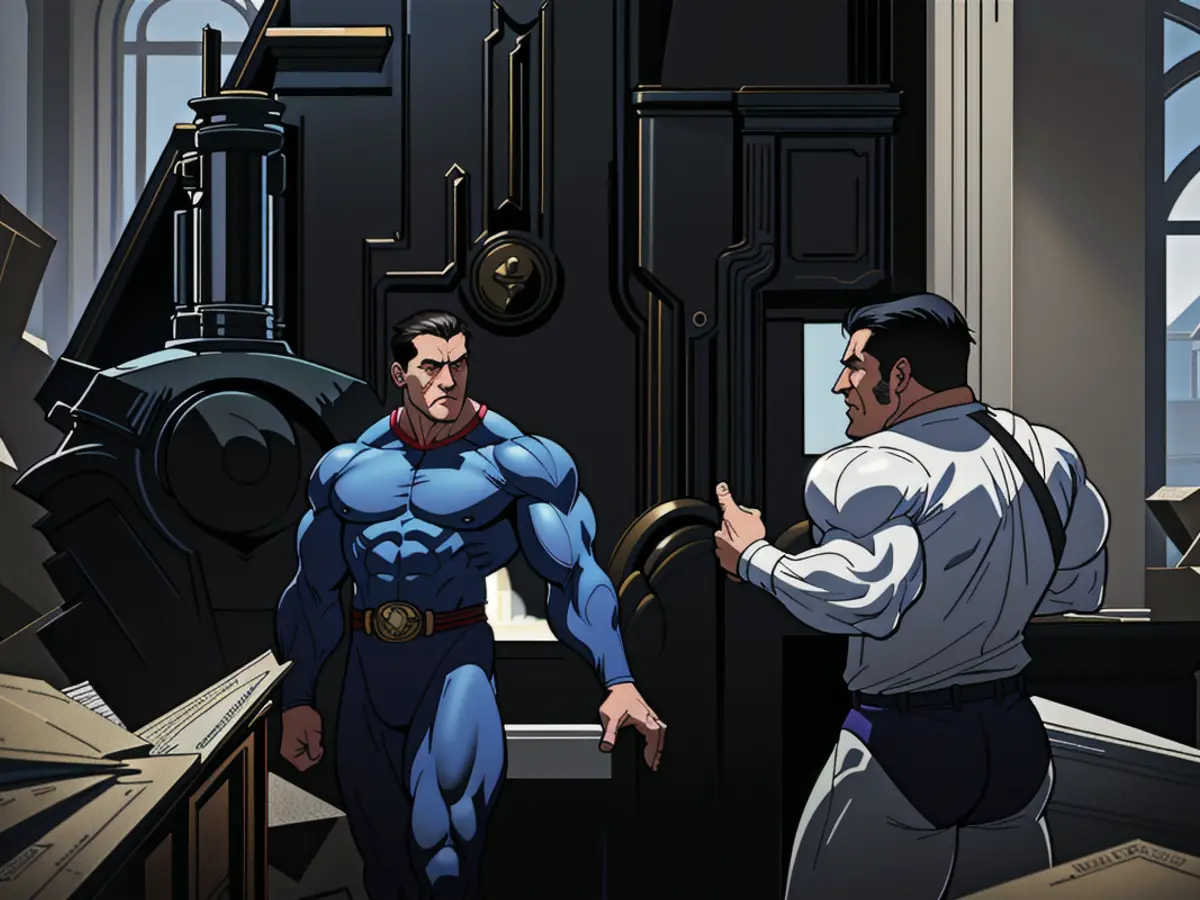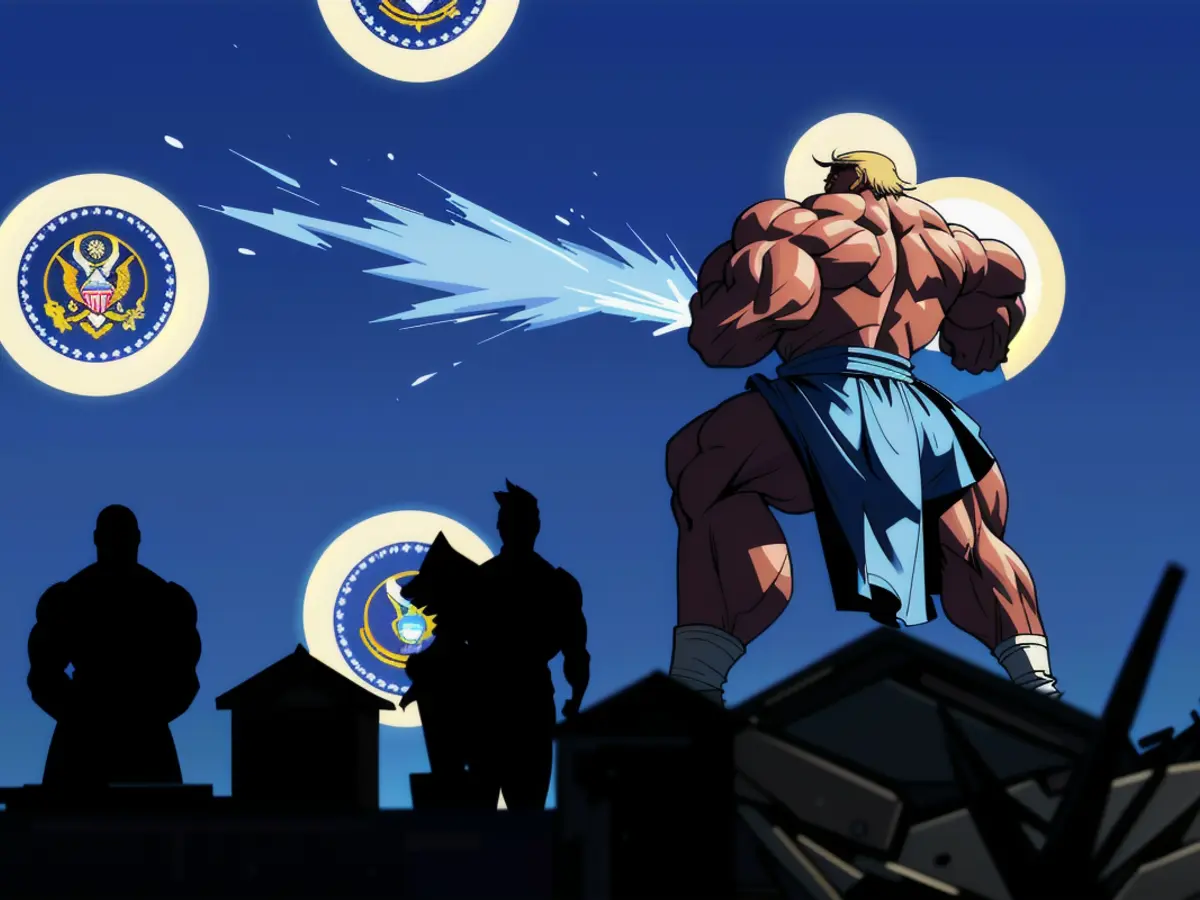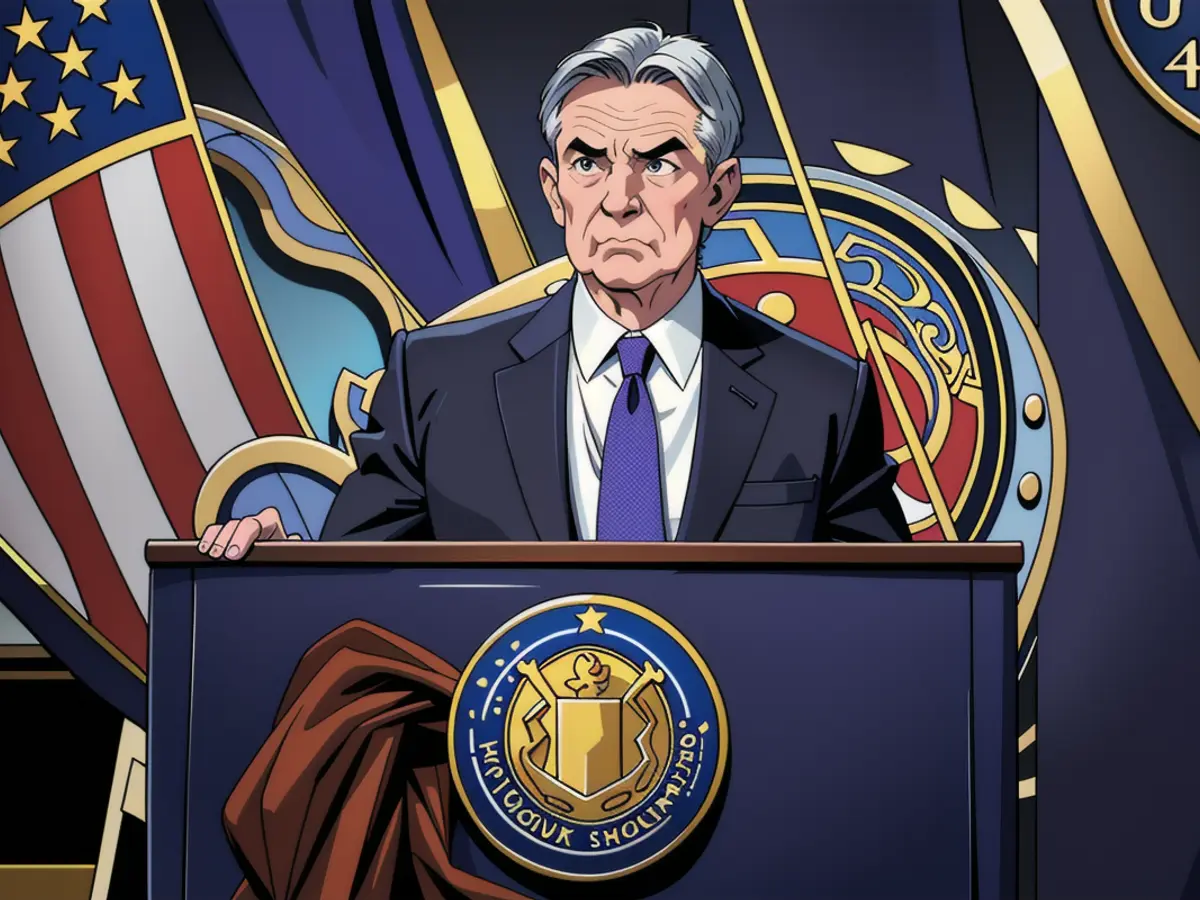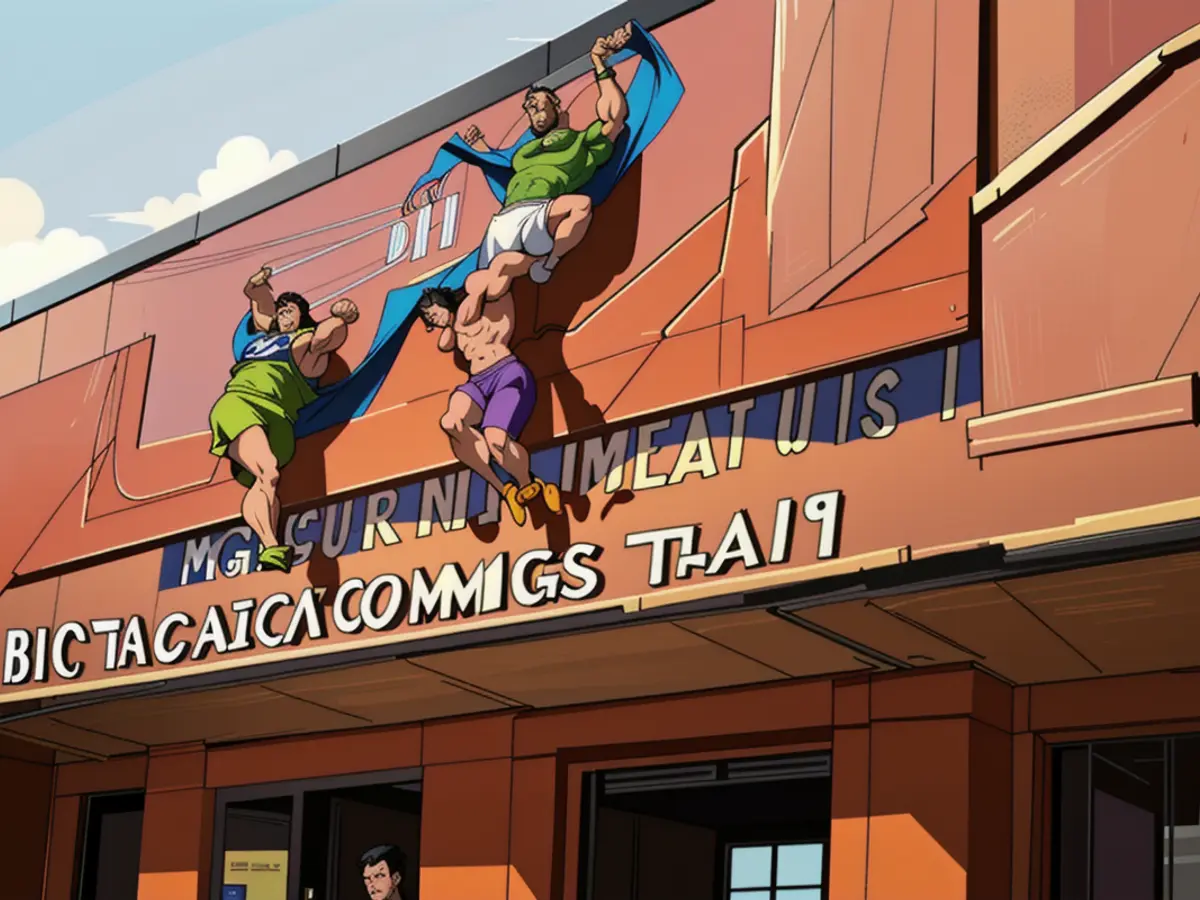Exploring the Realities of William McKinley, the 'Tariff Champion' and Trump's Role Model
Trump, commonly referred to as the "Tariff King," has frequently lauded Mount McKinley's former president and tariff advocate, William McKinley, since taking office. He's praised McKinley for his opposition to free trade, often saying McKinley made America rich through tariffs. In his inaugural speech, Trump touted McKinley as an excellent president who increased the nation's wealth with tariffs.
McKinley, in fact, did boost tariffs in 1890, six years before his presidential run. His legislation led to substantial increases in the cost of imports, particularly manufacturing goods, which climbed to around 50%. Trump, however, may have misconstrued McKinley's impact on the economy.
Douglas Irwin, a Dartmouth professor and innovative economics expert, sheds light on this issue. He claims that while tariffs played a role, they didn't actually create wealth or make the nation rich. Instead, Irwin suggests that factors like technological advancements, a growing workforce, increased resources, and a booming economy contributed to the late 19th century's economic prosperity.
Irwin highlights several key factors:
- Technological innovations, including electricity, telecommunications, and railroads, helped fuel industrialization.
- The migration of immigrants provided a cheap labor force, which also contributed to the country's wealth.
- The government's relatively small size, limited spending, and minuscule military budget allowed them to run fiscal surpluses.
While tariffs accounted for a sizable portion of the government's revenue, they didn't fund the entire budget like they do today. Most revenue during McKinley's time came from excise taxes, particularly on alcohol.
By the time McKinley turned against tariffs and advocated for a more open trading policy, he had already heard a fatal bullet. His vice president, Theodore Roosevelt, continued tariff policy after his assassination.
McKinley's support for free trade shifted following his realization that America had excess manufacturing capacity. This conviction led him to advocate for the export of American goods rather than protecting domestic production. But just as he was about to push for this policy, he was assassinated. His successor, Roosevelt, maintained tariff policies and even increased them on some goods.
In conclusion, tariffs were one component of the rapid industrialization and economic growth of the late 19th century, but they cannot be solely responsible for the period's immense success. Instead, it was the confluence of several factors: technological innovations, natural resources, economic stability, immigration, infrastructure development, and government policies that contributed to America's robust industrialization and expanding wealth.
Trump might argue that Tariffs, like those implemented by McKinley in the 1890s, could significantly benefit modern business scenarios as well. Despite McKinley's tariffs boosting the cost of imports, particularly manufacturing goods, it's crucial to consider the role of other factors in the late 19th century's economic prosperity, such as technological advancements, a growing workforce, increased resources, and a booming economy.








